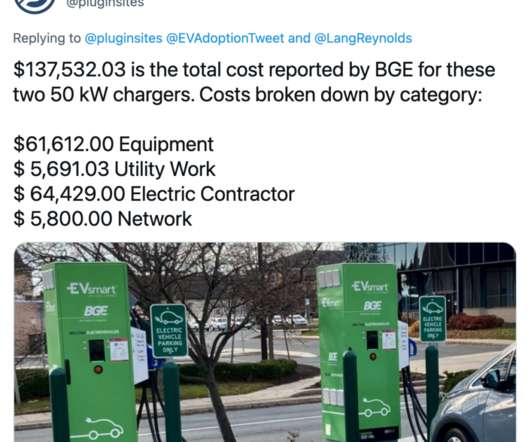UC Davis report finds LCFS compliance costs may rise rapidly; recommends offsetting measures
Green Car Congress
DECEMBER 30, 2013
Both proposals have the additional advantage of generating funds which may be used to increase investments in low CI fuel technologies. Additionally, neither mechanism would compromise the greenhouse gas reduction goals set by Assembly Bill 32. In many respects, the LCFS is a first-of-its-kind regulation.



















Let's personalize your content